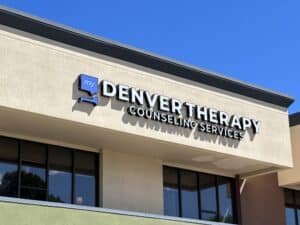Post-traumatic stress disorder (PTSD) is a mental health condition that can develop after a person experiences a traumatic event. This event may be a natural disaster, a crime, or a personal injury.
Symptoms of PTSD can vary widely, but they often include intrusive thoughts, flashbacks, and hypervigilance.
17 Symptoms of PTSD
If you or someone you know is experiencing the following symptoms, it’s important to seek professional help.
- Intrusive thoughts: These are distressing thoughts or images that keep coming back to mind.
- Flashbacks: These are intense, vivid memories of the traumatic event that feel like they’re happening again.
- Avoidance: This is the tendency to avoid people, places, or things that remind you of the traumatic event.
- Negative changes in mood: This includes feeling numb, detached, or having a loss of interest in activities.
- Feeling guilty or blaming yourself: This can be a common reaction to a traumatic event.
- Difficulty concentrating: This can make it hard to focus on tasks or conversations.
- Irritability: This can lead to outbursts of anger or frustration.
- Hypervigilance: This is the constant state of being on edge and looking out for danger.
- Exaggerated startle response: This is a sudden, intense fear reaction to a loud noise or other unexpected stimulus.
- Difficulty sleeping: This can include insomnia, nightmares, or trouble staying asleep.
- Physical symptoms: These can include headaches, stomach aches, and chest pain.
- Emotional numbing: This is a feeling of detachment or being emotionally numb.
- Difficulty trusting others: This can make it hard to form close relationships.
- Feeling hopeless or helpless: This can lead to a sense of despair or hopelessness.
- Difficulty remembering details of the traumatic event: This can be a way of protecting oneself from the emotional pain.
- Excessive worry about the future: This can lead to feelings of anxiety and uncertainty.
- Substance abuse: This can be a way of coping with the emotional pain of PTSD.

Seeking Help for PTSD
If you or someone you know is experiencing symptoms of PTSD, it’s important to seek professional help. Therapy, such as cognitive-behavioral therapy (CBT) or eye movement desensitization and reprocessing (EMDR), can be effective in treating PTSD. Medication may also be helpful in managing symptoms.
At My Denver Therapy, we offer a variety of therapy services to help individuals with PTSD. Our therapists are experienced and compassionate professionals who can provide the support and guidance you need.







